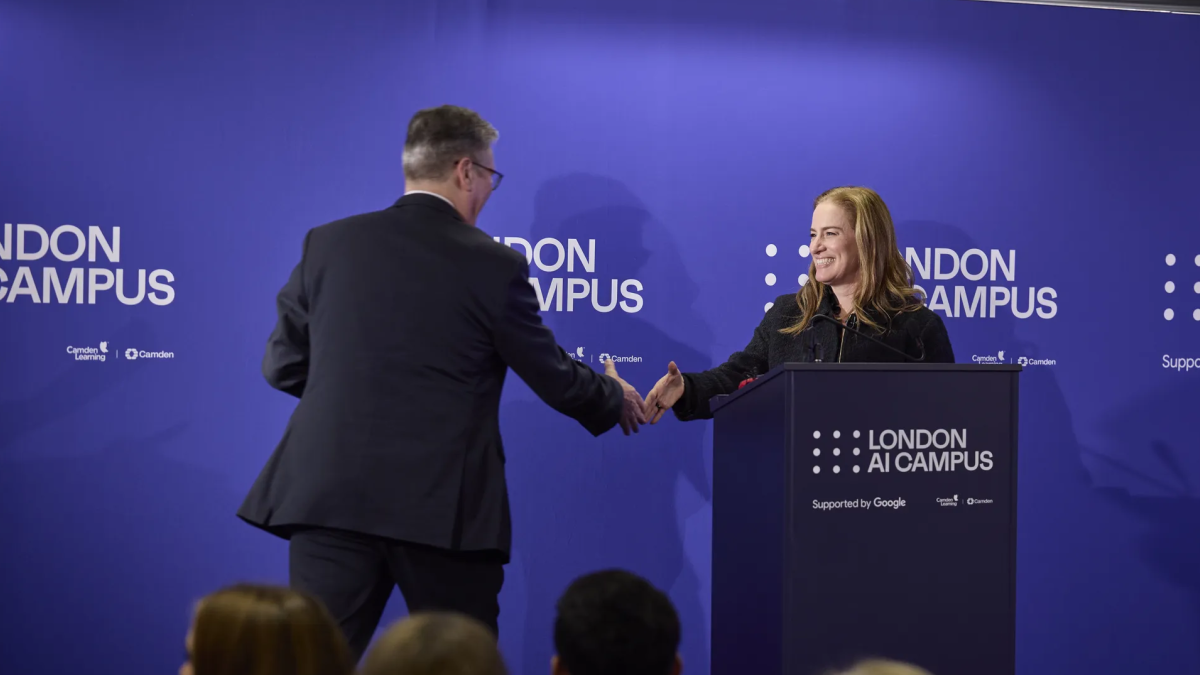France close tax loophole, extracts $1.1 billion from Google
2 min. read
Published on
Read our disclosure page to find out how can you help MSPoweruser sustain the editorial team Read more

US-based technology companies have been benefitting from tax loopholes in Europe which meant they paid hardly any tax on the business they do in Europe while at the same time competing with local companies which are not able to benefit from the same tax avoidance schemes.
Efforts have been ongoing to close these holes, and today France announced a major victory, after they managed to extract 965 million Euro ($1.1 billion) from Google. The amount comprises a fine of 500 million euros and additional taxes of 465 million euros, reports Reuters.
Google had been benefitting from the Double Irish arrangement which sees companies reducing profits from local subsidiaries (e.g. Google France) to zero by charging them high license fees for their technology. The tax loophole works because Ireland had lax tax treaties with tax havens, and European integration means companies could easily move money around the region. The scheme has been called “largest tax avoidance tool in history” and due to the efforts of European Union regulators is in the process of being closed down.
While €950 million is significant, it is shy of the €1.6 billion France has been seeking, but much better than the £130 million UK tax authorities settled for.
Budget Minister Gerald Darmanin said the settlement would create a legal precedent and that talks were underway with several other companies, big and small. Germany and France together had been pushing for stricter tax regulations over major tech companies such as Google, Apple, Facebook and Amazon.
The news did not sit well with US politicians, with Donald Trump threatening a retaliatory tax on French wine.
It is notable however that US companies had built up nearly $1 trillion in untaxed offshore profits between 2004 and 2018, suggesting it would be a long time before these companies would come close to paying their fair share towards maintaining the societies they benefit from.
Via Engadget









User forum
0 messages